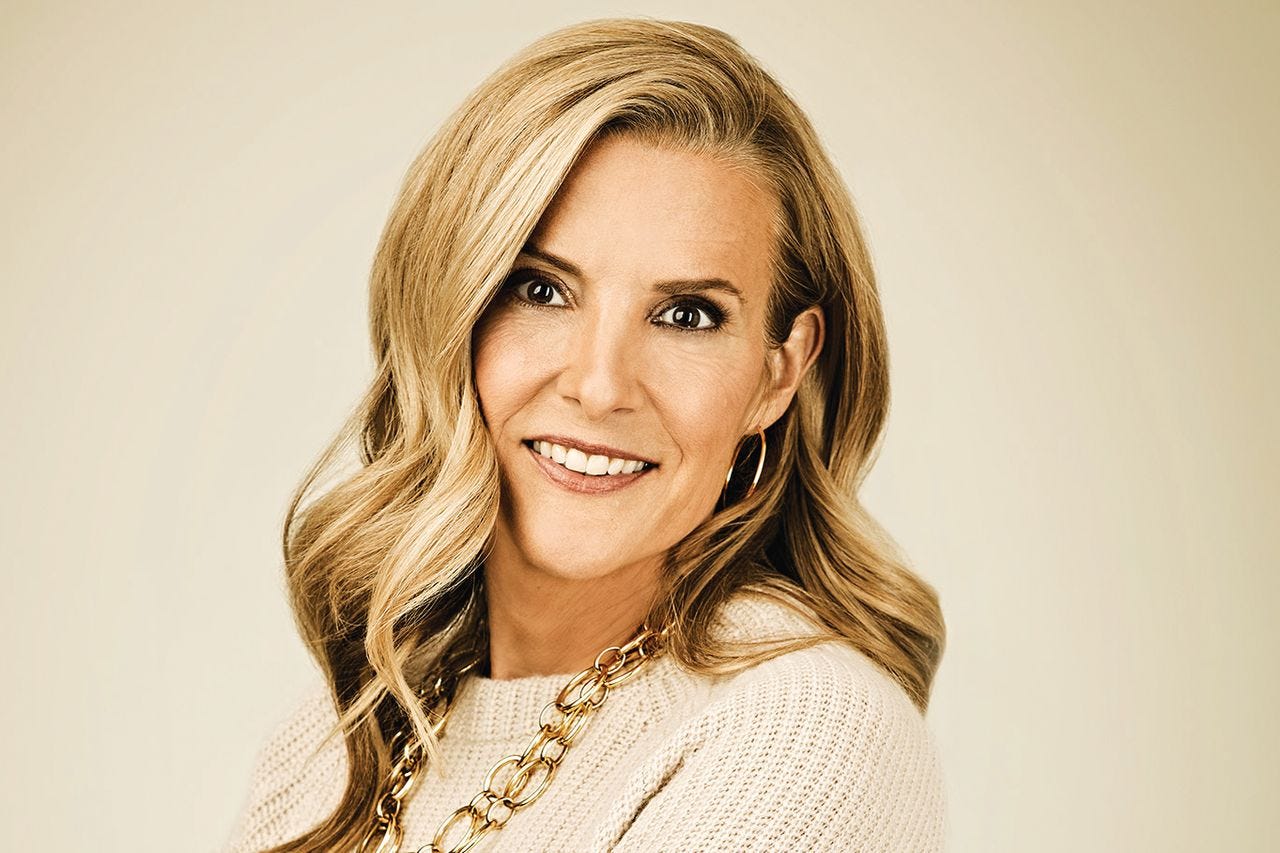This article is part of Fintech Leaders, a newsletter with almost 65,000 builders, entrepreneurs, investors, regulators, and students of financial services. I invite you to share and sign up! Also, if you enjoy this conversation, please consider leaving a review on Apple Podcasts, Spotify, or wherever you get your shows so more people can learn from it.
Rebecca Lynn is the Co-Founder & General Partner at Canvas Ventures, an early-stage VC with almost $900 million AUM, focused on Series A & B in fintech, digital health, marketplaces, and logistics.
Rebecca has been operating or investing in fintech for over 25 years and has also been ranked on the Forbes Midas List 5 years in a row.
In this episode, we discuss:
Marketing and data-driven go-to-market strategies from her experience at Next Card
“One thing I learned was never assume your competitors actually are competent at what they're doing.”
Rebecca led the Marketing team at NextCard (an early fintech) from 1998 - 2002. During those years, they were the largest online advertiser in terms of impressions. They were even larger than Yahoo and Microsoft! She shares that back in that role she could pinpoint marketing costs to the penny and they would use deep analytics to significantly optimize marketing expenses. By running a tight ship and having detailed control over every aspect of the marketing engine, NextCard achieved remarkably low customer acquisition costs ($32 CPA). In that role she also realized how often competitors lack a robust handle on their marketing data and that sometimes doing things by the book can set you apart from the pack.
How companies should think about preparing for M&A opportunities
“Things are always for sale... everything has a price, everything is always for sale, right? And things sell a lot better if there's not a ‘for sale’ sign on them.”
“The best acquisitions are ones where they're built over time. There's some kind of business relationship that's been established. It doesn't have to be really deep, and doesn't have to be a full integration, but there has to be some kind of relationship.”
Lynn advocates for the importance of nurturing business partnerships and external connections well before any formal M&A discussions begin. Founders that have already crossed the Series B stage, should integrate relationship-building into their regular schedule and start building trust. These connections not only raise the startup's profile but also enhance its attractiveness as a potential acquisition target. Ideally, these relationships can also be formed organically through business interactions rather than sale strategies, leading to more genuine and sustainable partnerships. Rebecca also recommends founders engage with specialized, boutique investment bankers early. These bankers can act as de facto corporate development officers, aligning closely with the company's goals and facilitating critical introductions.
What successful entrepreneurs have in common
“Successful entrepreneurs really have one unifying characteristic. That's grit. It really truly is grit.”
Grit is the Bedrock of Entrepreneurial Success. According to Rebecca, the key differentiator among the successful entrepreneurs she has worked with is not necessarily their educational background or technical chops, but their determination and resilience. This quality is often the result of personal and professional challenges. Entrepreneurs who embody grit are those who have navigated adversity without losing sight of their goals, always pushing boundaries and challenging the status quo. Their journeys are marked not by an easy ascent but by their ability to persevere through setbacks, adapt, and emerge stronger.
Challenges of building a VC fund from scratch … and a lot more!
“I don't believe that venture is a highly scalable thing to do. I think if you want mediocre returns, maybe it is.”
For Rebecca, the hardest part of building a VC is aligning investment cycles with Limited Partner (LP) Confidence. While some of the best investment opportunities arise during market downturns or corrections, LPs (investors) tend to retreat precisely during these times due to heightened risk aversion. Conversely, when markets are booming and valuations peaking, LP enthusiasm surges, leading to capital inflows at potentially the worst time. This misalignment between the ideal times to invest and LP willingness to commit capital presents a significant strategic challenge for fund managers looking to secure funding to capitalize on attractive investment opportunities.
Want more podcast episodes? Join me and follow Fintech Leaders today on Apple, Spotify, or your favorite podcast app for weekly conversations with today’s global leaders that will dominate the 21st century in fintech, business, and beyond.


























Share this post